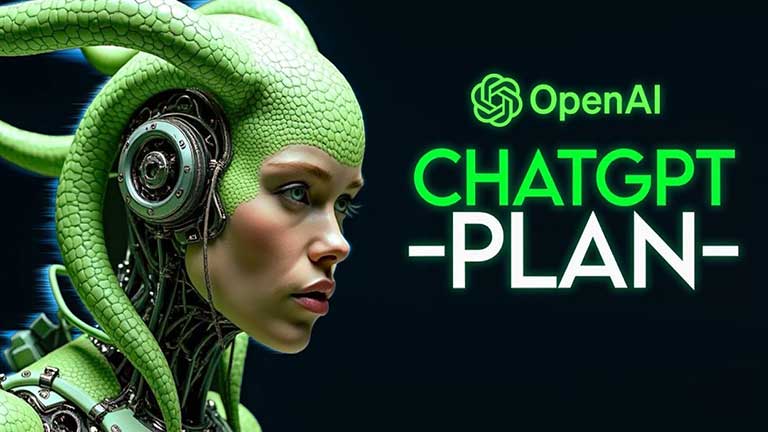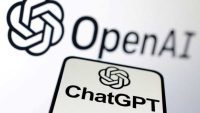In a stunning display of innovation, OpenAI continues to redefine the artificial intelligence landscape. With its ChatGPT product evolving beyond expectations, the company has unveiled groundbreaking features and strategies that are shaking up the industry: the introduction of ChatGPT-powered advertising, advanced AI agents, and a bold plan to reach a billion users globally.
ChatGPT Ads: Revolutionizing Marketing
OpenAI has introduced a novel advertising model integrated within ChatGPT. Unlike traditional banner ads or sponsored posts, these AI-driven ads focus on conversational engagement. Businesses can design custom prompts and interactions tailored to specific demographics, seamlessly blending into user experiences.
Imagine a small business promoting eco-friendly products. Instead of a pop-up ad, ChatGPT could organically suggest environmentally conscious options during a conversation about sustainability. This personalized, context-aware approach ensures that ads feel less intrusive and more relevant. Moreover, advertisers can utilize OpenAI’s advanced analytics tools to gain deeper insights into user preferences, refining campaigns for better performance.
This model is already being adopted by major brands, signaling a shift toward conversational marketing. The implications are enormous, as this approach challenges traditional ad platforms like Google and Meta, which rely heavily on passive ad consumption.
AI Agents: The Dawn of Virtual Assistants on Steroids
Another groundbreaking initiative is the deployment of ChatGPT agents—AI entities capable of performing complex, multi-step tasks autonomously. Unlike basic virtual assistants like Siri or Alexa, these agents can understand context, learn over time, and execute intricate workflows.
For example, a ChatGPT agent could handle end-to-end event planning: selecting venues, coordinating with vendors, and managing guest lists—all while adapting to user preferences. In the corporate world, these agents could serve as executive assistants, capable of drafting emails, managing schedules, or conducting market research.
OpenAI’s partnerships with third-party developers are making these agents even more powerful. Integrations with productivity tools like Microsoft 365, Slack, and Salesforce are underway, allowing users to delegate tasks seamlessly across platforms. These agents signal a new era where AI doesn’t just assist but proactively collaborates with humans.
The Billion-User Ambition
OpenAI’s overarching goal is to reach one billion users, and the strategy to achieve this is multifaceted. By reducing costs through innovations in AI training and hardware, OpenAI aims to make its products accessible to everyone, from Fortune 500 companies to small businesses and individual users.
Localization is also key. OpenAI is working on expanding ChatGPT’s multilingual capabilities, ensuring that users worldwide can engage naturally in their native languages. This approach has already garnered massive traction in non-English-speaking markets, where AI adoption was previously hindered by linguistic barriers.
Furthermore, the introduction of a mobile-optimized experience and partnerships with telecom providers aims to bring ChatGPT to underserved regions. The company also plans to integrate ChatGPT into educational platforms, empowering students with personalized learning tools.
Challenges and the Path Forward
Despite the fanfare, OpenAI faces challenges. Concerns about privacy, data security, and ethical AI deployment remain prevalent. Critics question the societal impact of such powerful AI tools, particularly regarding misinformation and job displacement.
However, OpenAI has pledged to address these issues head-on. The company is ramping up transparency, inviting public scrutiny of its algorithms, and investing in AI safety research.
Conclusion
With ChatGPT Ads, advanced agents, and an ambitious plan to onboard a billion users, OpenAI is charting a new course for the AI industry. As the company pushes the boundaries of what AI can achieve, it is clear that we are only beginning to glimpse the transformative potential of these technologies. The race to shape the future of AI is on, and OpenAI is firmly in the lead.





